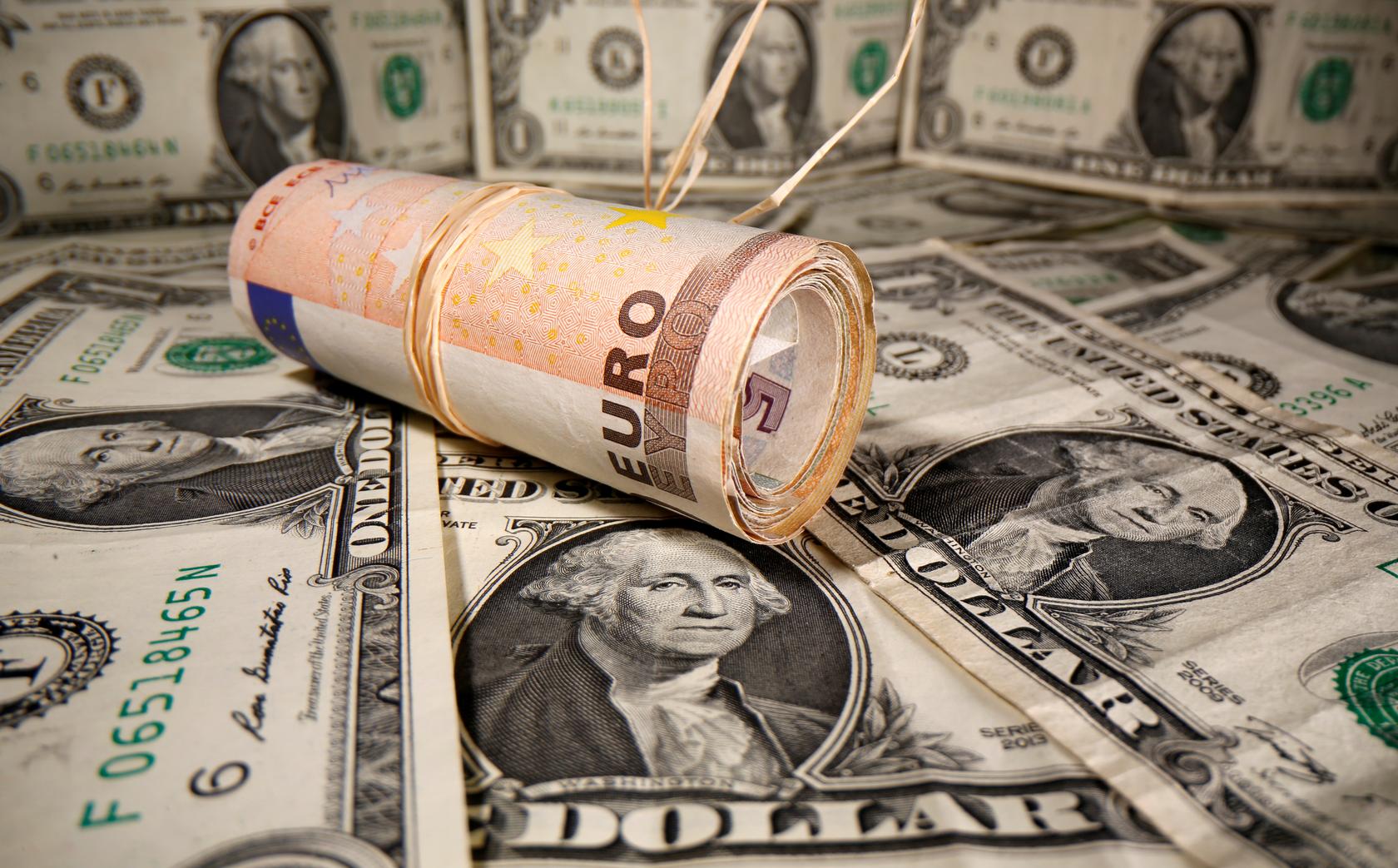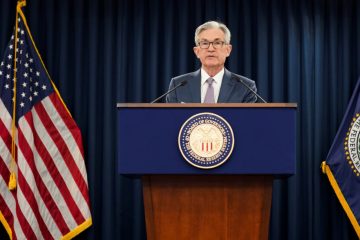Sterling drops vs dollar; one-week volatility jumps ahead of U.S. elections

Sterling fell against a strengthening dollar on Wednesday as markets turned risk-averse in light of a resurgence of COVID-19 infections in Europe, which is prompting new lockdown measures and challenging the narrative of a global economic recovery.
Italy entered a new lockdown on Sunday and France is expected to introduce new restrictions on activity. A draft resolution seen by Reuters showed German Chancellor Angela Merkel wants to close all restaurants and bars from Nov. 4.
British Prime Minister Boris Johnson is being put under pressure for a new lockdown with the government working on the assumption the second wave of coronavirus will be more deadly than the first, the Telegraph newspaper reported.
Global equities fell for the third consecutive session and London’s FTSE 100 dropped to its lowest level in six months . The dollar rose as investors sought safety.
“A temporary softening in the Brexit-related newsflow and an empty data calendar will likely keep GBP as a bystander in global FX dynamics,” ING strategists said in a note to clients.
The pound fell 0.4% against the dollar, and was at $1.2993 at 0905 GMT. Versus the euro, it was down around 0.2%, at 90.53 pence.
Sterling has been driven by Brexit developments in the past few weeks, as Britain and the European Union have just over two months to reach a trade agreement for when the status-quo transition period ends on Dec. 31.
The EU’s chief negotiator, Michel Barnier, is in London for negotiations, after which the talks will continue in Brussels.
Despite intraday moves, euro-sterling has been largely rangebound and has not been below the key 90.00 level since early September.
But ING said that further idiosyncratic weakness in the euro due to the resurgence of COVID-19 could see 90.00 tested.
The Nov. 3 U.S. presidential elections are a major focus for markets.
Indicators of implied sterling-dollar volatility with one-week maturities rose to their highest since Sept. 14, in a sign that traders are anticipating heightened volatility in one week’s time, which will be the day after the U.S. election .
Euro-sterling one-week volatility also rose, but only to its highest since last Friday.
Analysts also cited a study from Imperial College London, which suggested protection from the virus may not be long-lasting, as a reason for reduced risk appetite.
Also, the chair of the UK’s vaccine task force said that the first generation of COVID-19 vaccines is “likely to be imperfect” and “might not work for everyone”, writing in medical journal The Lancet.
British researchers said on Wednesday that there are significant problems with the availability and quality of COVID-19 data in England.


